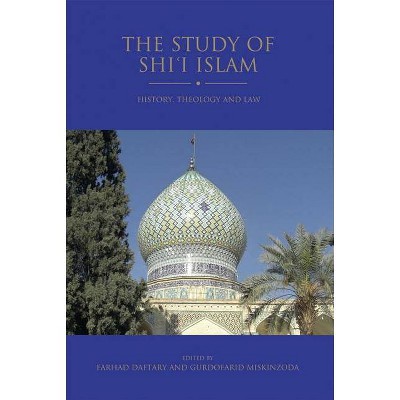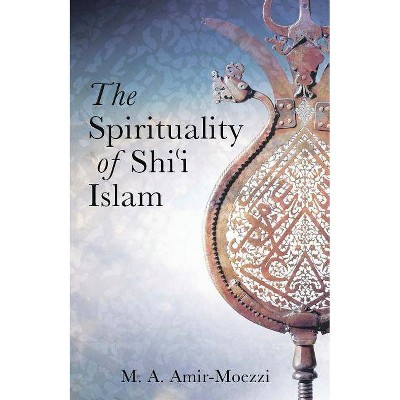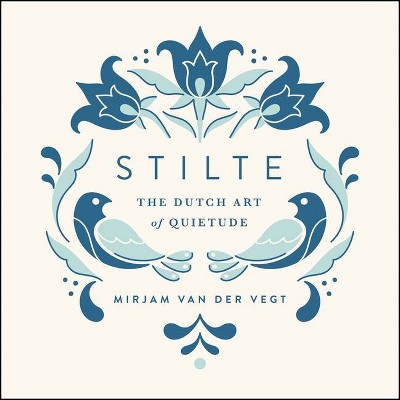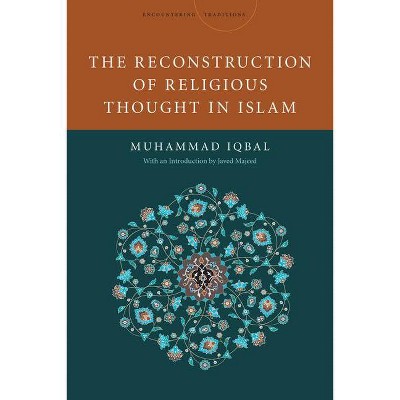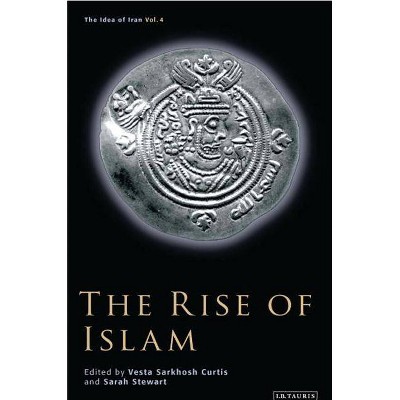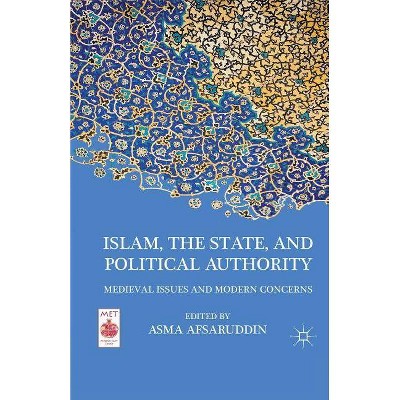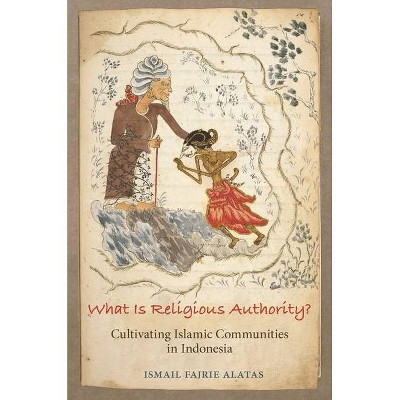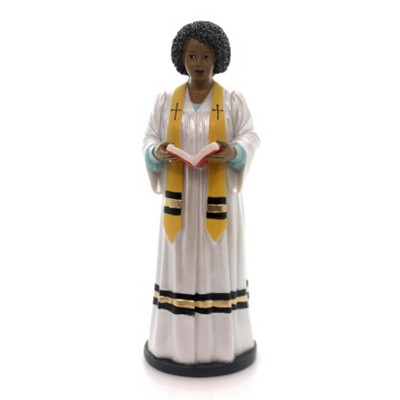Female Religious Authority in Shi'i Islam - by Mirjam Künkler & Devin J Stewart (Hardcover)
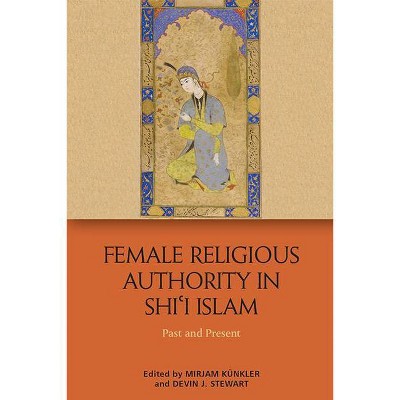
Similar Products
Products of same category from the store
AllProduct info
<p/><br></br><p><b> About the Book </b></p></br></br>This collection of case studies, covering the period from classical Islam to the present, and taken from across the Islamic world, compares the role of women across time and space.<p/><br></br><p><b> Book Synopsis </b></p></br></br>This collection of case studies, covering the period from classical Islam to the present, and taken from across the Shiʿi Islamic world, reflects on the roles that women have played in exercising religious authority across time and space. Comparative reflection on the case studies allows for the formulation of hypotheses regarding the conditions and developments - whether theological, jurisprudential, social, economic or political - that enhanced or stifled the flourishing of female religious authority in Shiʿi Islam.<p/><br></br><p><b> From the Back Cover </b></p></br></br>Case studies of women exercising religious authority in Shiʿi Islam from the classical period to the present Islamic religious authority is conventionally understood to be an exclusively male purview. Yet when dissected into its various manifestations - leading prayer, preaching, issuing fatwas, transmitting hadith, judging in court, teaching law, theology, and other Islamic sciences and, generally shaping the Islamic scholarly tradition - nuances emerge that hint at the presence of women in the performance of some of these functions. This collection of case studies, covering the period from classical Islam to the present, and taken from across the Shiʿi Islamic world, reflects on the roles that women have played in exercising religious authority across time and space. Comparative reflection on the case studies allows for the formulation of hypotheses regarding the conditions and developments--whether theological, jurisprudential, social, economic or political--that enhanced or stifled the flourishing of female religious authority in Shiʿi Islam. Key Features: - Features case studies of women exercising religious authority, including hadith transmitters, jurists, scholars of religion, women acting as representative for a leading ayatollah, and women judges. - Addresses the classical, medieval and modern periods - Brings together scholars from Islamic Studies, Middle Eastern Studies, Anthropology, History and Art History - Provides insight into contemporary debates about female religious authority in Islam - Questions assumptions about the inherently progressive agenda of female religious authorities Mirjam Künkler is Senior Research Fellow at the Swedish Collegium for Advanced Study. She is co-editor, with Alfred Stepan, of Indonesia, Islam and Democracy (Columbia University Press, 2013). Devin Stewart is Associate Professor of Arabic and Islamic Studies at Emory University.<p/><br></br><p><b> About the Author </b></p></br></br><p>Mirjam Künkler is Senior Research Fellow at Swedish Collegium for Advanced Study. Her books include Indonesia, Islam and Democracy (Columbia University Press, 2013), A Secular Age Beyond the West (Cambridge University Press, 2018) and The Rule of Law in the Islamic Republic of Iran: Power, Institutions, and Prospects for Reform (Cambridge University Press, forthcoming 2021). <p>Devin Stewart is Professor of Arabic and Islamic Studies at Emory University. He has published numerous journal articles, including in Islamic Law and Society, Bulletin of the School of Oriental and African Studies and Journal of Qur'anic Studies.<p>
Price History
Price Archive shows prices from various stores, lets you see history and find the cheapest. There is no actual sale on the website. For all support, inquiry and suggestion messagescommunication@pricearchive.us
